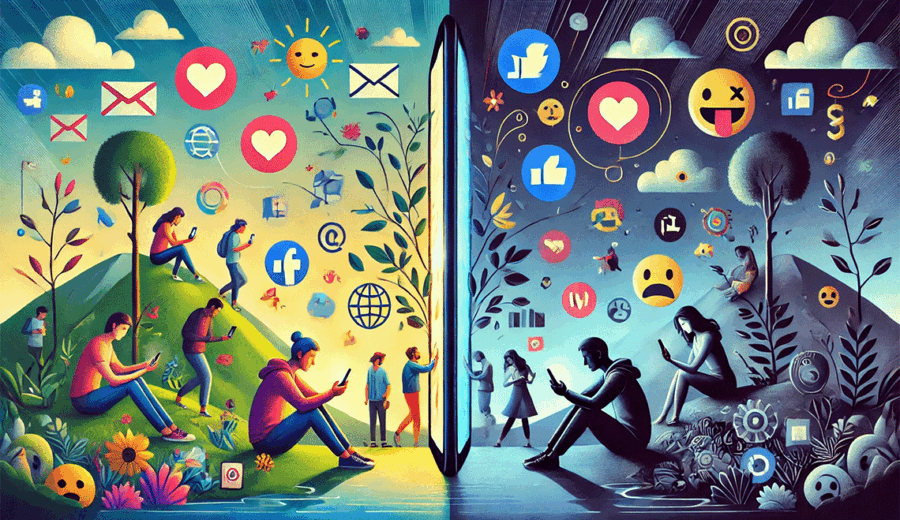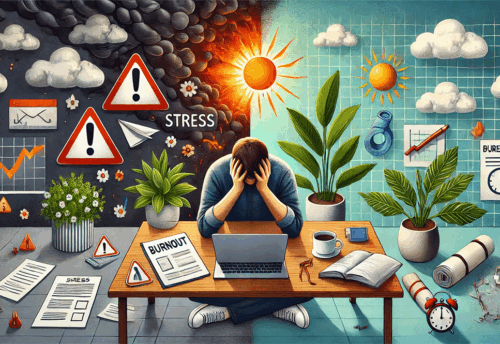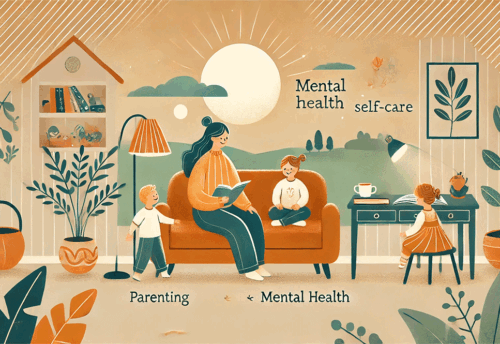
December 3, 2023
The Effects of Social Media on Mental Health
The Effects of Social Media on Mental Health
Social media has become a powerful tool in modern society, influencing how we communicate, connect, and share ideas. While it brings undeniable benefits, it also presents challenges that can impact mental health. Understanding the dual nature of social media is essential for using it mindfully and protecting our well-being.
Positive Influences of Social Media on Mental Health
- Connection and Belonging:
- Social media bridges geographical barriers, enabling people to stay connected with loved ones and foster meaningful relationships.
- Online communities offer support and validation, especially for those facing mental health challenges or feeling isolated in their offline lives.
- Awareness and Advocacy:
- Mental health awareness campaigns thrive on platforms like Instagram and Twitter, spreading education and reducing stigma.
- Influencers and professionals share resources, coping strategies, and inspirational stories, empowering individuals to seek help.
- Creativity and Self-Expression:
- Platforms like TikTok, YouTube, and Pinterest provide outlets for creative expression through videos, art, and storytelling.
- Sharing achievements and interests fosters confidence and a sense of purpose.
- Career Opportunities and Networking:
- LinkedIn and similar platforms offer professional networking opportunities, enhancing career growth.
- Entrepreneurs can market their skills and reach broader audiences.
Negative Influences of Social Media on Mental Health
- Comparison Culture:
- Social media often showcases an idealized version of life, leading to unrealistic comparisons and feelings of inadequacy.
- Exposure to curated images can diminish self-esteem and increase body image concerns.
- Digital Addiction:
- Endless scrolling fosters compulsive use, detracting from real-world responsibilities and relationships.
- Prolonged screen time disrupts sleep and can cause mental fatigue.
- Cyberbullying and Trolling:
- Harassment and negative comments can deeply affect self-worth and increase anxiety or depression.
- Victims often feel helpless due to the persistent nature of online bullying.
- Information Overload:
- The constant barrage of news and updates can lead to stress, especially during global crises or personal challenges.
- Exposure to misinformation can heighten fears and create distrust.
- Loneliness Despite Connectivity:
- Virtual connections may lack the depth of face-to-face interactions, leaving users feeling isolated.
- Over-reliance on social media for validation can hinder emotional resilience.
Strategies for Mindful Social Media Use
- Set Time Limits:
- Use tools to monitor and limit screen time. Allocate specific periods for social media and stick to them.
- Curate Your Feed:
- Follow accounts that inspire, educate, and bring positivity into your life.
- Unfollow or mute content that triggers stress, comparison, or negativity.
- Engage Intentionally:
- Prioritize meaningful interactions over passive scrolling. Comment, like, and share content that resonates with you.
- Avoid doomscrolling and focus on uplifting topics.
- Practice Digital Detox:
- Take breaks from social media regularly to recharge and reconnect with the real world.
- Use offline activities like reading, hiking, or spending time with loved ones.
- Seek Balance:
- Balance online activities with hobbies, exercise, and quality time with friends and family.
- Ensure that your social media use complements rather than replaces real-life connections.
Final Thoughts
Social media’s impact on mental health is a mix of light and shadow. While it offers unparalleled opportunities for connection and creativity, its pitfalls require mindful navigation. By adopting healthy habits, setting boundaries, and focusing on authenticity, we can maximize its benefits while minimizing harm.





Leave a Reply